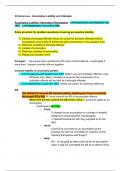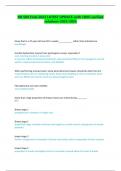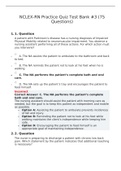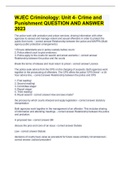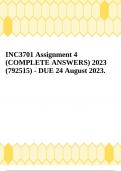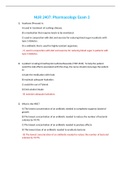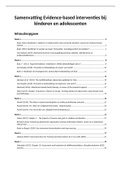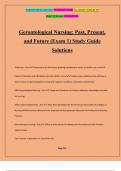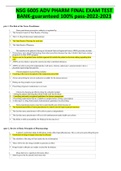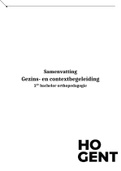Summary
Summary Criminal Law - Accomplice Liability and Attempts (Notes & Exam Guidance)
- Module
- Criminal Law
- Institution
- University Of Law (ULaw)
These notes cover most of the topics taught on the postgraduate conversion courses in the UK (the GDL and the PGDL). They can also cover many introductory papers taught on UK undergraduate Law degrees (LLBs). These notes include guidance on exam structure and technique where relevant. Compared t...
[Show more]
